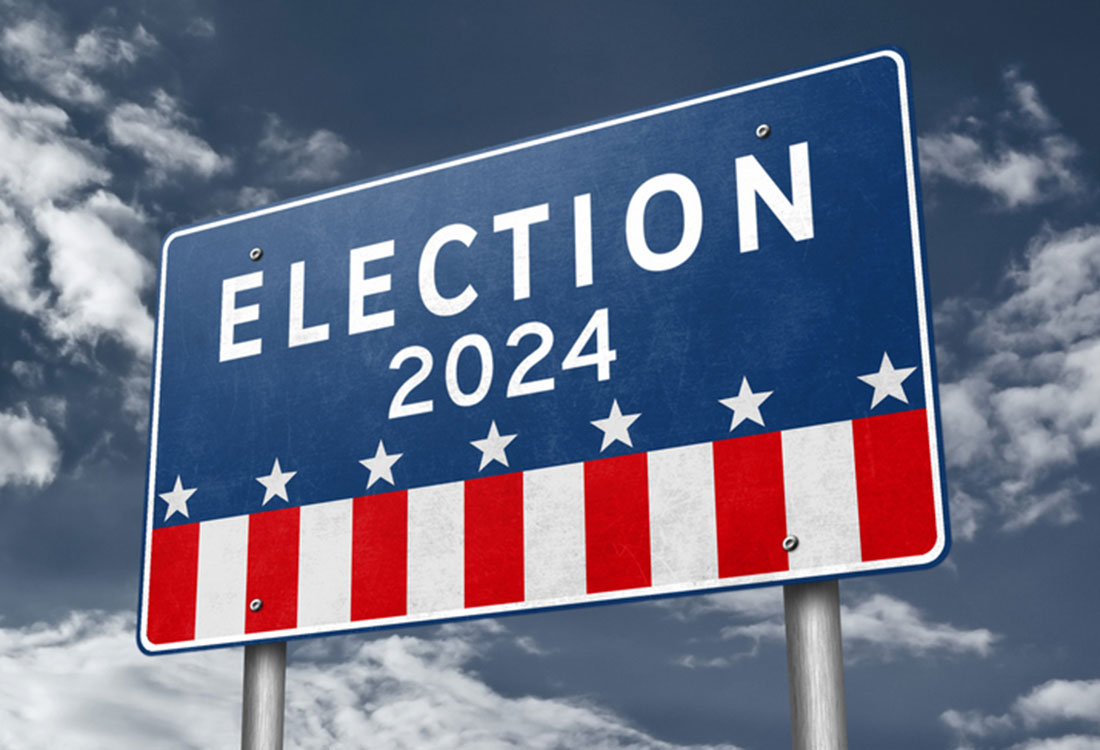
Depending on which candidate wins the upcoming US election, trade policy will be under much scrutiny, as any decisions made could have serious implications going forward.
A win by Kamala Harris is expected to continue with existing Joe Biden administration policies to leverage the economic linkages enshrined under the U.S.-Mexico-Canada Agreement (USMCA), particularly as part of its industrial policy and supply-chain securitization goals. One would expect the Harris administration to prioritize USMCA’s scheduled renewal in 2026, which forecasts assume will happen regardless of the Canadian elections in October 2025. By contrast, another Trump administration would reinject considerable uncertainty into North American trade relations.
The U.S.’s growing trade deficit with Canada and Mexico would likely be among his areas of focus. Although USMCA would initially shield Canada and Mexico from Trump’s flat-tariff plans, any trade dispute inherited from the Biden administration could easily ignite into a more serious diplomatic issue.
Trump’s threat to impose a 10% import tariff across all U.S.-bound imports represents the other main potential shock to global trade. More specifically, such a radically protectionist measure would encourage U.S. trade partners to adopt reciprocal duties. A “domino effect” of tit-for-tat retaliation would risk market-access shocks to U.S. exporters, particularly in politically sensitive export-oriented industries, such as agriculture and automotive. We would also expect these trade frictions to undermine the US trade and diplomatic coordination that the Biden administration has forged with its international partners since assuming office. This would include undermining US cooperation with the European Union on China, including regarding shared concerns over Chinese electric vehicle exports and other issues tied to Chinese industrial overcapacity. What is more likely, and what was observed in Trump’s first term, is that the U.S. would implement a “watered down” version of this threat, with tariff rates and exemptions ranging across the board – particularly for key US industries (such as automotive), as well as targeting US diplomatic partners from whom Trump would be seeking other economic and security concessions.
Other trade policy risks that are important to monitor include US tariff threats on steel and aluminum, given US domestic political factors that have kept these industries in the crosshairs of bipartisan focus. We would expect Kamala Harris to keep these tariffs suspended indefinitely as part of leverage in ongoing trade negotiations; by contrast, Donald Trump would likely reimpose them immediately. In addition to this, as highlighted by the differing views on the USMCA, a Trump administration would most likely result in the potential withdrawal from global multilateral institutions such as the Indo-Pacific Economic Framework for Prosperity (IPEF).
For more information, contact Brian Rowe, Director – Customs Compliance & Regulatory Affairs.
















